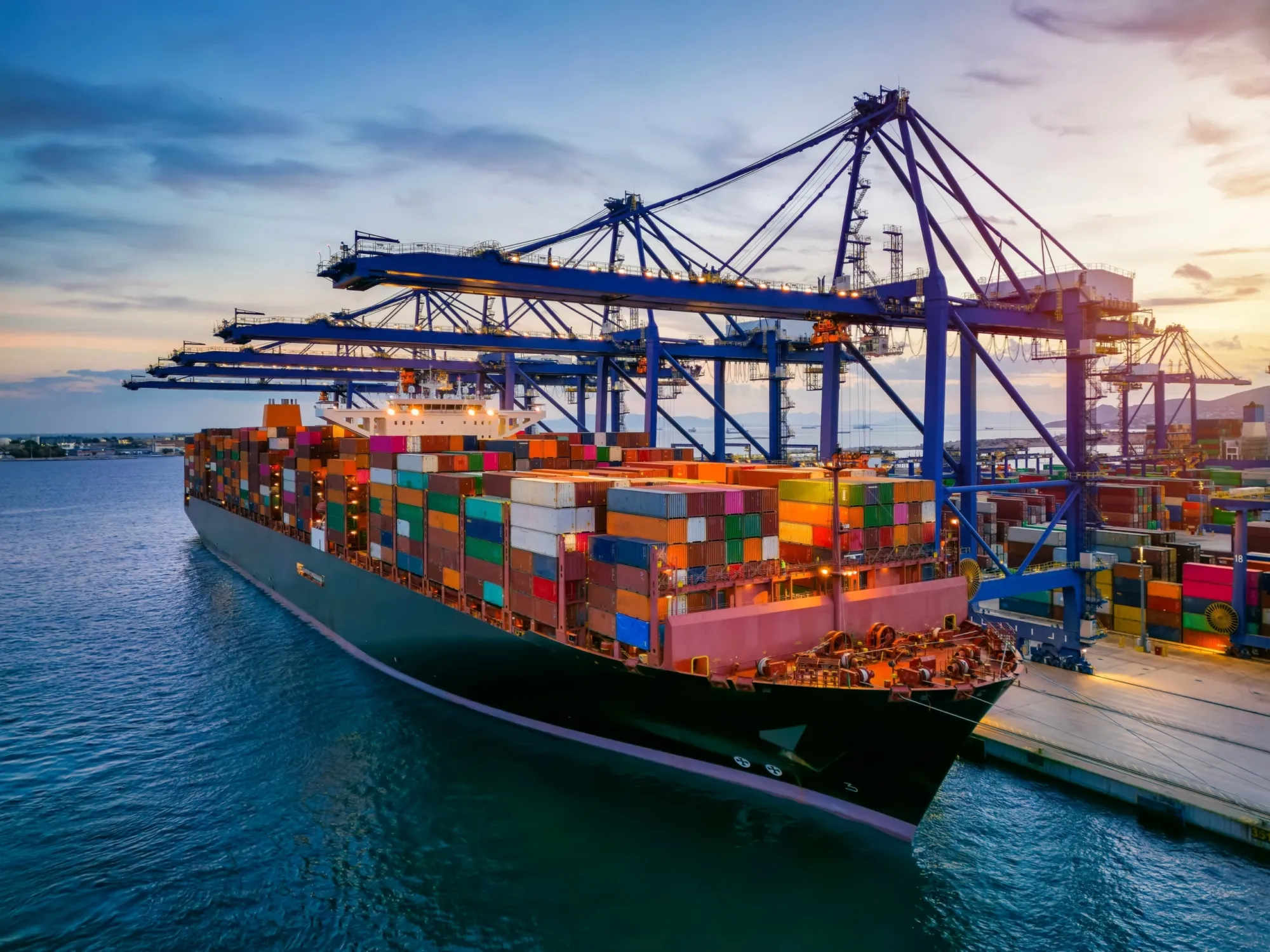JASANZ Accreditation: Breaking Down Barriers to Global Trade
- Author: JASANZ
Global trade is the lifeblood of modern economies, yet it encounters substantial obstacles that limit its potential. One of these challenges is the absence of accredited certification, which recent reports have shown significantly affects international trade.
In fact, according to an upcoming report from the World Trade Organization (WTO) in 2024, an estimated US $331 billion in global trade is impeded each year due to issues relating to product testing, certification, and accreditation. This figure represents approximately 2.3% of the total value of global trade.
“When countries don’t align with international standards, don’t cooperate, aren’t transparent, and don’t use tools like accreditation, this hampers trade and the global economy,” says Devin McDaniels of the WTO’s Technical Barriers to Trade Committee.
When businesses lack accredited certification, it can lead to delays, additional costs, and even rejection of goods at ports, blocking trade. Accreditation ensures test and calibration results are accepted across borders, facilitating global trade and removing technical barriers. In this way, JASANZ accreditation is a passport to international trade and commercial success.
The Role of JASANZ in Facilitating Trade
JASANZ plays a crucial role in breaking down barriers to international trade and fostering a more integrated global economy. By providing internationally recognised accreditation, JASANZ simplifies trade and enables businesses to compete more effectively in global markets.
How JASANZ Accreditation Reduces Trade Barriers
- Mutual Recognition of Conformity Assessments: As a signatory to the International Accreditation Forum (IAF) Multilateral Recognition Arrangement (MLA), JASANZ accreditation allows for cross-acceptance of product conformity assessments. The IAF MLA aims to ensure mutual recognition of accredited certification and validation/verification statements between MLA signatories and, subsequently, acceptance of accredited certification and validation/verification statements in many markets based on one accreditation. Accreditations granted by IAF MLA signatories, like JASANZ, are recognised worldwide based on their equivalent accreditation programs, therefore reducing costs and adding value to businesses and consumers. Accreditation Body Members of IAF are admitted to the MLA only after a peer evaluation team has stringently evaluated their operations.
- Passport of Trust: Accreditation bodies like JASANZ create a “passport of trust,” ensuring that products and services meet stringent quality and safety standards. This reduces the need for redundant testing and reassures regulators and consumers about the credibility of accredited products, facilitating smoother cross-border trade.
- Economic Benefits: The impact of accreditation extends beyond market access. Accredited products often command significant export premiums because they make it easier for businesses to compete globally. Lower business costs, faster market entry, and improved product quality and safety are just some of the advantages of JASANZ accreditation.
- Supporting Compliance with Global Standards: JASANZ helps businesses align with international sustainability and regulatory standards, keeping them competitive and in sync with global market trends. This alignment is crucial as consumers and businesses increasingly prioritise sustainability in their purchasing decisions.
Why JASANZ?
JASANZ is an independent, government-backed expert in the accreditation of certification systems. For over 30 years, JASANZ has been delivering on our mission to enhance trade by achieving international recognition for the excellence of Australian and New Zealand goods and services, strengthening Trans-Tasman and global trade.
Our unrivalled technical capability, sector expertise, and relationships make the JASANZ symbol more than just a symbol of trust; it is a symbol of excellence sought by organisations worldwide. JASANZ accreditation signifies trust, quality, and reliability, giving businesses and consumers confidence that products have been rigorously tested and meet the highest standards.
Building a Future of Trust and Excellence
Trust is the cornerstone of successful trade relationships. It means assurance of safety, quality, and reliability, enabling organisations to compete fairly, confidently, and competitively on the global stage. Excellence, however, does not happen by chance; it requires deliberate effort and unwavering dedication.
At JASANZ, we are unapologetically rigorous in our approach to accreditation. We collaborate closely with regulators, Conformity Assessment Bodies, and governments, sharing knowledge and deep sector expertise to set higher benchmarks of excellence. Our commitment is to deliver enduring market confidence and integrity for industries and communities worldwide.
In an increasingly competitive world where trust is scarce, JASANZ accreditation is the gold standard sought by those who value quality assurance as well as commercial advantage.
JASANZ accreditation offers a gateway to a world of opportunities, helping to break down technical barriers to international trade and create a more interconnected global economy.
Case Study | Mutual accreditation agreements enable manufacturer of photovoltaic inverters to export products to Australia
A European manufacturer of photovoltaic inverters intended to export products to an Australian business. The manufacturer held certification issued by SGS Tecnos, a certification body accredited by ENAC, the Spanish accreditation body.
However, before the Australian business would accept the manufacturer’s products, they stipulated that the manufacturer would need to seek accreditation by the Australian accreditation body, JASANZ.
Both JASANZ and ENAC are signatories to the IAF MLA. Given the mutual recognition afforded under the IAF MLA, which ensures cross-acceptance of accredited conformity assessment results between IAF MLA signatories, JASANZ issued a statement to declare that the certificates issued by SGS Tecnos should be recognised in Australia.
After this statement, the Australian business accepted the SGS Tecnos certificates, and the European manufacturer was able to export to Australia. Accreditation and mutual recognition opened new market opportunities for the manufacturer while preventing additional trade costs through repeat testing in the importing country.

